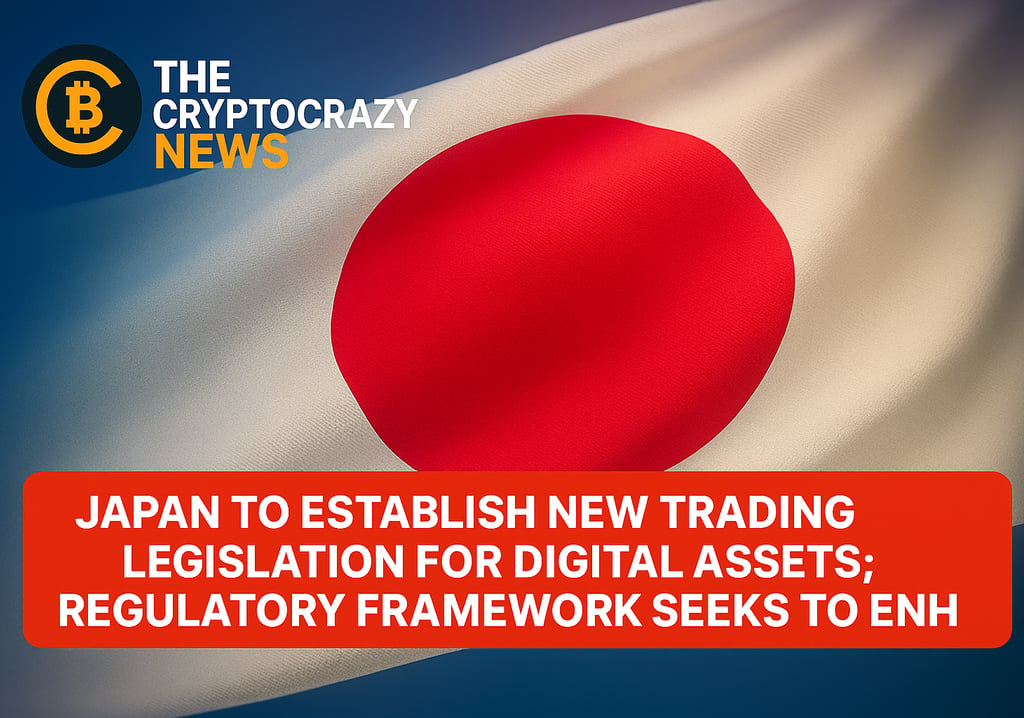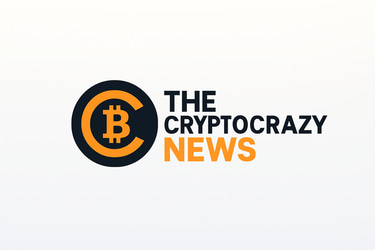Japan to Establish New Trading Legislation for Digital Assets; Regulatory Framework Seeks to Enhance Investor Protection
Japan is set to introduce a broad package of trading legislation for digital assets in a bid to enhance protection for investors and enhance market transparency. The move, initiated by Japan's Financial Services Agency (FSA), seeks to provide a clear regulatory framework for stablecoins, cryptocurrencies, and tokenized assets.
10/15/20252 min read


Industry players think that the action will make Japan more secure as one of the region's most progressive and crypto-friendly economies, especially with regulators around the world tightening their grip on digital finance.
New Framework Aims for Transparency and Market Integrity
Under the new legislation, digital asset exchanges and brokers would be mandated to meet more stringent licensing, reporting, and compliance requirements. The idea is to minimize risks that have long bedeviled the crypto space — those of fraud, money laundering, and market manipulation.
The FSA also plans to enforce proof-of-reserve mechanisms for exchanges, ensuring that customer assets are fully backed and segregated from company funds. This is a direct response to past collapses of major global crypto firms that left investors facing heavy losses.
"Japan is looking to create a system where innovation and investor protection go hand in hand," said a Tokyo-based financial analyst. "These new regulations will make the market safer and more transparent for all."
Fostering Institutional Adoption
The new digital asset legislation is anticipated to set the stage for institutional investors to enter the Japanese crypto market with more ease. Financial institutions, such as large banks and asset managers, have increasingly expressed interest in tokenized securities, digital yen initiatives, and blockchain-based trading platforms.
The increased regulatory certainty may position Japan as a center of compliant crypto innovation, drawing in both local startups and international investment.
Impact on the Global Crypto Market
Japan's forward-looking move is timely as regulatory uncertainty remains the biggest headwind to crypto adoption in large markets like the United States and Europe. In contrast, Japan's systematic approach can act as a template for world digital asset regulation.
Experts believe that Japan's system has the potential to impact nearby countries such as South Korea and Singapore, promoting regional standardization of crypto regulations in Asia.
What This Means for Investors
For institutional and retail investors, the promulgation of these new digital asset trade regulations means greater protection, better market credibility, and lower volatility in the long term.
Some market players, in the short term, anticipate increased compliance expenses for exchanges and more sluggish onboarding procedures. With time, though, such changes should make the crypto ecosystem more stable and reliable.
Looking Ahead
The new regulations are set to be rolled out in phases during 2025 and early 2026, after consulting with industries and conducting pilots. Japan's commitment to investing in responsible innovation and investor protection might represent a turning point for major countries in crypto regulation.
